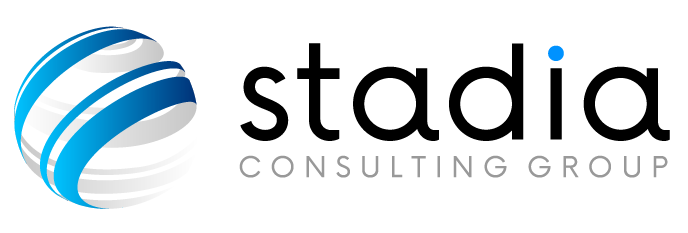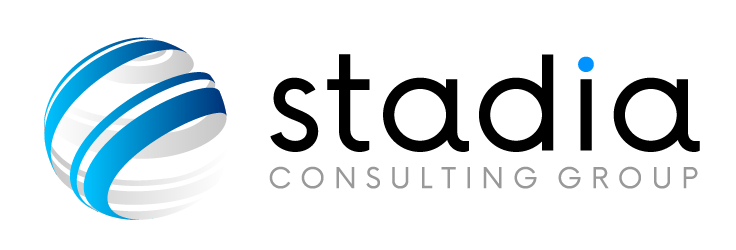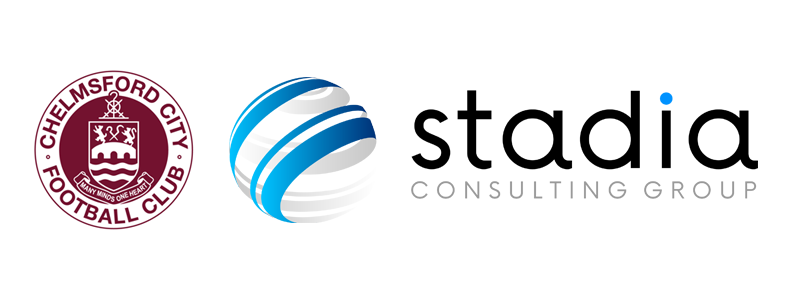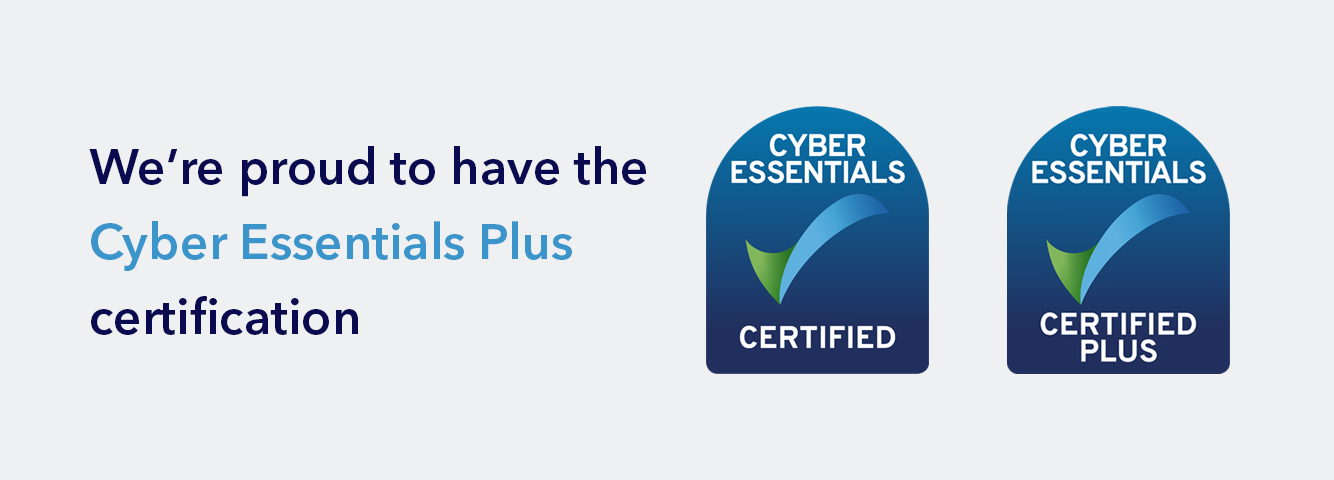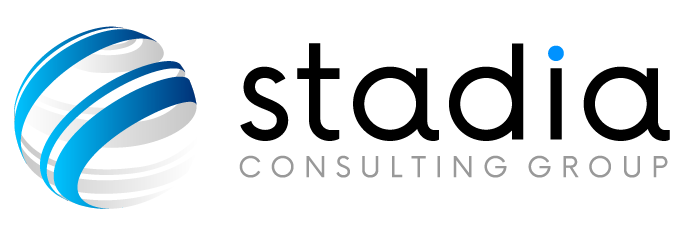News & Insights

Maybe. Migrating applications and infrastructure to the cloud offers several benefits that can positively impact organisations in various ways. Stadia has enjoyed bringing the benefits of cloud computing to many of our clients. It isn't necessarily for everyone, but if you haven't migrated some or all of your applications/infrastructure to the cloud, are you missing out? Let's take a look at the various aspects, starting with some of the key benefits: Cost Efficiency: Buying, maintaining, and refreshing your own hardware can be costly. Cloud computing often reduces capital expenditure on physical hardware and data centres. You pay for resources as you use them, which can lead to cost savings, especially for small and medium-sized businesses. Scalability: Cloud services allow for easy scaling of resources up or down based on demand. This elasticity ensures that your applications can handle sudden spikes in traffic or growth without the need for significant upfront investment in hardware. Automatic Updates: Keen to see the back of those out-of-hours patching rotas? Cloud providers handle hardware and software updates, including security patches and upgrades, reducing the maintenance burden on your IT staff. Flexibility and Agility: Cloud platforms provide a wide range of services and tools that enable rapid development and deployment of applications. This agility allows organisations to respond quickly to changing market conditions and customer needs. Global Reach: Cloud providers have data centres in multiple regions worldwide. This global presence allows you to deploy applications closer to your users, reducing latency and improving performance for a global customer base. Security: Cloud providers invest heavily in security measures, often surpassing what individual organisations can achieve. They offer features like encryption, identity and access management, and compliance certifications to help protect your data and applications. Reliability and High Availability: Cloud providers offer robust service-level agreements (SLAs) that guarantee high uptime and availability. Redundancy and failover capabilities are built into their infrastructure to minimise downtime. Disaster Recovery: Cloud services make it easier to implement disaster recovery and backup solutions. You can replicate your data and applications across multiple regions or data centres, ensuring business continuity in case of disasters. Collaboration and Mobility: Cloud-based applications and services can be accessed from anywhere with an internet connection. This promotes remote work and collaboration among geographically dispersed teams.

Cyber threats and attacks are becoming more frequent and sophisticated, and businesses need to take proactive measures to protect their sensitive data and systems. There are many aspects to cyber security which need to be effectively managed. Understanding and prioritising risk is key to securing your environment. Our InfoSec remediation services are designed to help businesses identify and remediate security vulnerabilities and risks and strengthen their security posture.

Many organisations are very familiar with Microsoft 365 due to the legacy of popular applications such as Word and Excel. The origins of Microsoft 365 can be traced back to Office 365, which was launched by Microsoft way back in June 2011. Simplified deployment and management of applications is central to the appeal of Microsoft 365. However, navigating the complexities of Microsoft 365 licensing can be a daunting task for many businesses. The multitude of license types and bundles available can be overwhelming. Which combination of licenses is optimal for your business needs? You need to make sure you are compliant but also do not want to overpay for licenses which are not actually needed. This is where Stadia’s Microsoft 365 licensing services come into play, providing invaluable assistance in optimising your licensing model and ensuring compliance. In this article, we'll explore the benefits of our Microsoft 365 licensing services and how they can simplify your business operations.

